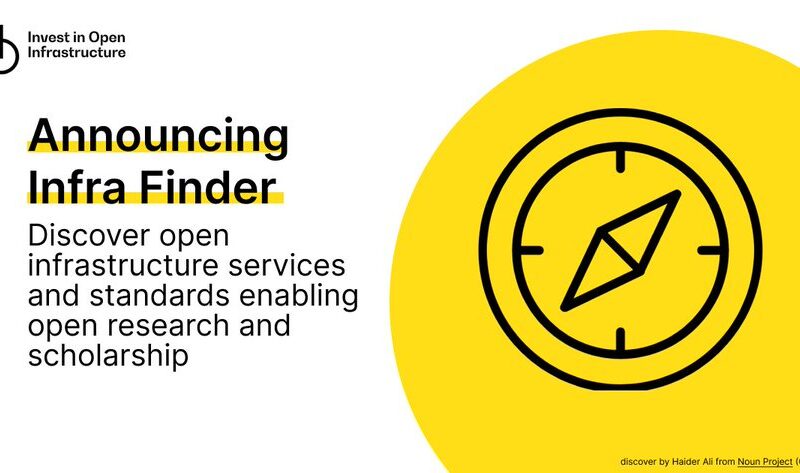Ways to Reach Open Science
Ways to Reach Open Science https://opusproject.eu/wp-content/uploads/2023/03/pexels-anna-shvets-4557386.jpg 1 1 Open and Universal Science (OPUS) Project Open and Universal Science (OPUS) Project https://opusproject.eu/wp-content/uploads/2023/03/pexels-anna-shvets-4557386.jpgOpen science is a movement that seeks to make scientific research and data accessible to all, thereby promoting collaboration, transparency, and reproducibility. It aims to promote scientific progress by making research findings freely available to the public and allowing others to build on and extend research. The concept of open science has gained popularity in recent years, as researchers recognize the need to make their work more transparent, accessible, and impactful. In this article, we will discuss some ways to reach open science.
- Publish open access:
Open access publishing makes research articles available to everyone without charge. By publishing your research in an open access journal, you can increase the visibility and impact of your work, as well as promote scientific progress by making your research accessible to others. Open access journals usually provide a peer-review process that ensures the quality of the research, and the articles are often available under a Creative Commons license, which allows others to use and build on the research.
- Use open data:
Many researchers are now making their data publicly available to others to use, analyze, and build on. By using open data in your own research, you can save time and resources and make your research more transparent and reproducible. Open data can be found in many repositories such as Zenodo, Dryad, or Figshare, and can be used for various purposes, from validating results to discovering new scientific questions.
- Collaborate with others:
Collaboration is a key component of open science. By collaborating with others, you can share resources and expertise, and work together to solve complex problems. Collaboration can take many forms, such as co-authoring papers, participating in multi-disciplinary teams, or contributing to open-source projects.
- Participate in open science initiatives:
There are many open science initiatives that you can participate in, such as open science conferences, workshops, and hackathons. These events provide opportunities to learn about open science, network with other researchers, and contribute to open science projects. For example, the Open Science MOOC is an online course that provides an introduction to open science principles, while the OpenCon conference is an annual event that brings together researchers, educators, and students to promote open access, open data, and open education.
- Use open source software:
Open source software is software that is made freely available to everyone to use, modify, and distribute. By using open source software in your research, you can save time and resources, and contribute to the development of new tools and technologies. Open source software can be found in many areas, from data analysis to machine learning, and can be customized to suit the needs of the researcher.
- Educate others about open science:
Educating others about open science is a great way to promote the movement and raise awareness about the benefits of open science. You can give talks, organize workshops, or write articles or blog posts about open science to help spread the word. By educating others about open science, you can help promote a culture of openness and transparency in research.
- Advocate for open science policies:
You can advocate for open science policies at your institution, funding agency, or government level. By advocating for policies that promote open access, open data, and open source software, you can help create a more open and transparent scientific community. Some examples of policies that promote open science include the Plan S initiative, which requires that all research funded by participating organizations be made open access, and the FAIR principles, which provide guidelines for making research data Findable, Accessible, Interoperable, and Reusable.
Open science is a movement that promotes collaboration, transparency, and reproducibility in scientific research. By publishing open access, using open data, collaborating with others, participating in open science initiatives, using open source software, educating others, and advocating for open science policies, you can help promote open science and contribute to scientific progress.
- Posted In:
- Open Science News




